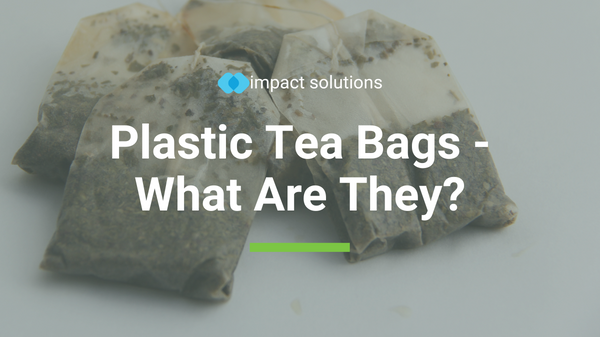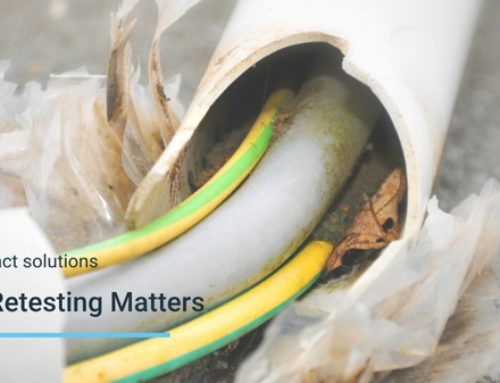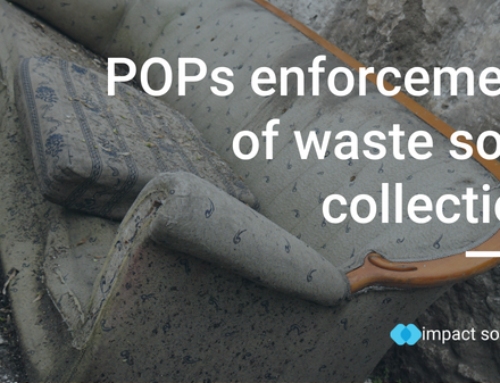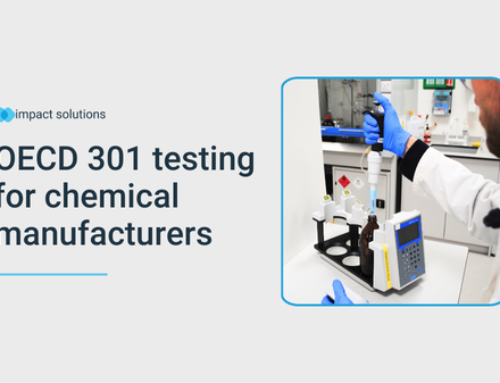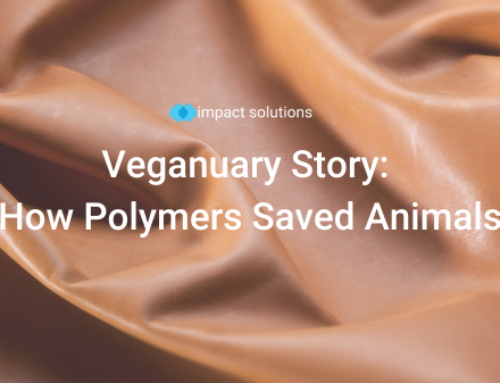Famed for our love of tea, it is estimated that us Brits drink around 100 million cups daily, which is almost 36 billion per year!
But, what are plastic tea bags?
Not many people know that their tea bags contain plastic or even know why. For those who prefer the convenience of plastic tea bags over loose leaf tea, tea leaves are typically placed in a mesh bag sealed with polypropylene plastic to allow the tea leaf’s to be steeped in boiling water without mess. However, this type of composition for tea bags is estimated to create around 11.6 billion microplastic particles at brewing temperature.
We do not yet fully understand the effects of consuming microplastics on the human body – but the concerns are enough to drive consumers and businesses to look to alternative tea bag options. Some brands have moved towards biodegradable plastics for their mesh bags. A common biodegradable plastic in place of polypropylene plastic is PLA (polylactic acid) – primarily created using renewable or green sources such as sugar cane, starch and corn. While PLA is more eco-friendly than traditional plastic sealants for tea bags, they are still classified as plastics. This causes some controversy on whether or not using PLA for tea bags is actually plastic-free, but rather ’plant-based’.
What is the end-of-life for teabags?
Whether or not plastic tea bags are branded as being biodegradable or not, most councils encourage you to place them into your food waste bin to be industrially composted. Unfortunately, the large majority of teabags are not home compostable, and for plastic teabags in food waste bins – it is not clear whether or not this will create toxins to the final industrial compost.
As more brands move towards alternative materials for mesh teabags, it’s important that we do not replace unsustainable materials with other unsustainable materials. It’s vital we assess the materials characterisation, predicted end of life environment and the timeframe for which it will biodegrade.
Impact Solutions can conduct home and industrial composting testing alongside various other biodegradability test methods such as biodegradability testing for plastic packaging under BS EN 13432. Conducting biodegradability testing for your product can provide more confidence for your business and for your customers.
Contact us to learn more about your material or products end of life.
Sources
https://www.tea.co.uk/tea-faqs
Everything You Need To Know About Polylactic Acid (PLA) (creativemechanisms.com)
How Much Tea do the British Really Drink? – London Office Buzz (londonofficespace.com)

